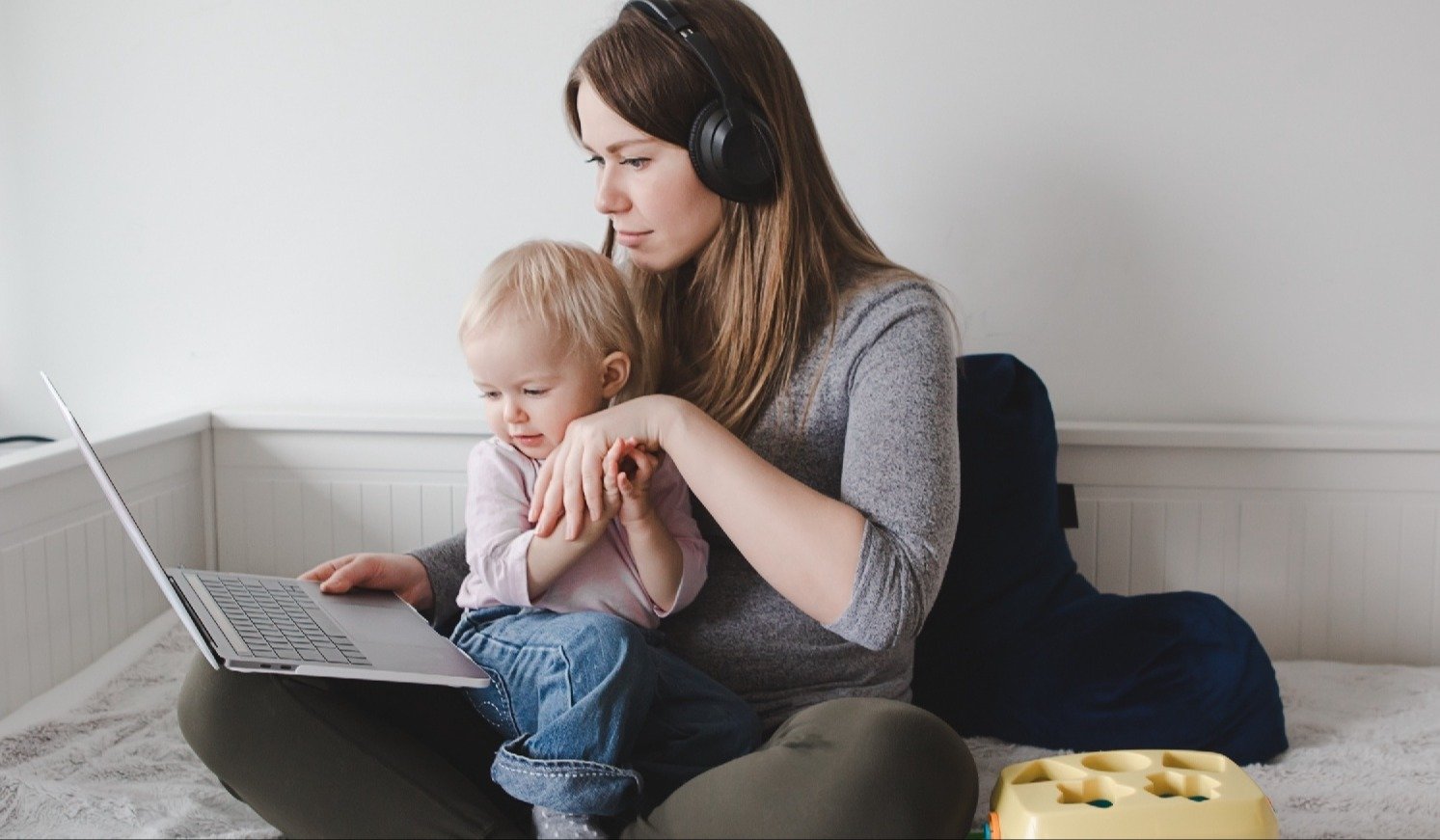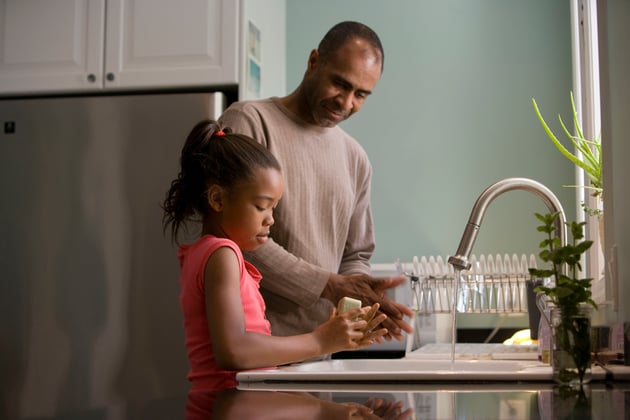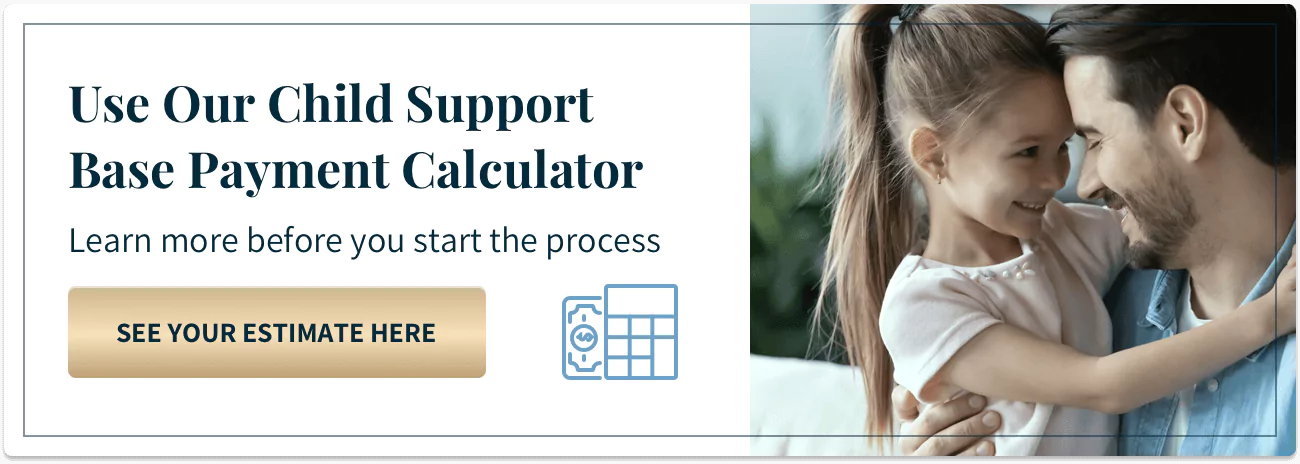- Law Practice Areas
- Resources For You
- Child Support Calculator
- Take Our Divorce Quiz
- Protect Your Assets and Net Worth During Divorce
- Blog
- Family Law Videos
- Your Guide to California Divorce
- Your Guide to Child Custody & Support
- Everything You Need to Know About Getting a Prenup
- An In-Depth Look at Divorce Mediation
- Top Considerations for High Asset Divorce
- Our Legal Team
- Locations
- Reviews
- Contact

When a California family court judge makes child custody and visitation orders, they take many factors into account. The paramount consideration is the child’s best interests.
At Cage & Miles, we help parents to identify the factors relevant to their case and craft a strong presentation to the court as to why specific orders are in the child’s best interests.

What is a primary caregiver according to California law?
There are several responsibilities that make up the role of primary caregiver:
-
Helping the child with bathing, grooming, and getting dressed
-
Planning and preparing meals
-
Purchasing and laundering clothes
-
Making and attending medical and dental appointments
-
Participating in the child’s education by helping with homework and attending parent-teacher conferences
-
Planning and attending social and extracurricular activities
-
Creating a safe environment for the child
Why does the primary caretaker often get a greater timeshare of physical custody?
A key element California family court judges consider is stability and continuity for the children. During the process of divorce, the family is likely in a state of upheaval, which can affect a child’s day-to-day life. Keeping the child’s schedule as routine as possible is extremely beneficial and comforting to a child who is likely in emotional anguish.
During marriage, some parents share caretaking responsibilities equally and there is no “primary caregiver” for the children. However, after one parent vacates the marital residence, they may be unable to maintain a consistent routine for the children.
This may be more an issue of location and availability than having a long history of primary caregiving. One parent may move far enough away that it is impractical to take the children to school while getting to work on time. It may also be disruptive to a child’s routine to have to wake up much earlier in the morning to commute from a parent’s new residence to school each day.
This is often the case when it is impossible for the family income to sustain two residences in the same neighborhood as the marital residence.

It is recommended for parties to reach a written custody stipulation prior to either vacating the marital residence. The custody agreement should take into account all practical considerations such as the distance of one parent’s new home, each child’s school schedule, extracurricular activities, and work obligations.
This way, a new status quo is not inadvertently established involving less contact between the children and one parent. Otherwise, the newly established primary caregiver may be awarded significantly more custodial time in an effort to preserve stability and continuity for the children. Addressing custody issues early allows both parties to fully consider the great impact a move will have on the children.
An outcome awarding the primary caregiver primary physical custody of a child may feel unfair to the other parent. Often in divorce cases, both parents want at least equal parenting time.
While the California Family Code places an emphasis on frequent and continuing contact between a child and both parents, the law does not automatically presume a “50/50” order is in that child’s best interests.
Many times these custody orders look more like a “60/40” or “70/30” split. While one parent may have less time with the children, this may not be a reflection on the parent-child bond or even the parent’s ability to provide loving care for the child.
The parent who is not considered the child's primary caregiver may also nurture and provide for the child in ways that are important to the child’s development.
Regardless of physical timeshare, both parents should maintain as active a role as possible in the child’s life. Effective co-parents can work together to ensure the children feel equally loved, supported, and cared for by both of their parents.

Could the primary caregiver be a family member other than a parent?
Yes, in California, a primary caregiver of a child can be a family member other than a child’s parent, such as a child’s grandparent. The process by which the court appoints someone other than a child’s parent to care for the child is known as guardianship. A legal guardian may be appointed when one or both parents are unable to care for the child.
A legal guardian for a child may be needed temporarily, when there is an emergency requiring the guardianship to be set up quickly, or it may be needed on a more long-term basis. Examples of when a guardianship may be needed include when one or both parents have a serious physical or mental illness, are in the military and deployed overseas, are in a long-term rehab program, are incarcerated, abuse drugs or alcohol, or have a history of abusive behavior.
A guardian can be anyone who is able to raise the child and provide him or her with a safe and stable environment. Relatives (grandparents), family friends, or other non-parents of the child can ask the court to be appointed as the child’s legal guardian.
Once appointed by the court, the guardian is awarded full legal and physical custody of the child and has the same legal rights and responsibilities as a parent and primary caregiver of the child.
Although the primary caregiver of a child may be a family member other than the child’s parent, the appointment of a legal guardian does not terminate a parent’s parental rights. If the court finds it is in the child’s best interest, custody—and the role of primary caregiver of the child—can be returned to the child’s parent(s).
Contact our divorce attorneys today at Cage & Miles for a free 30-minute, no-obligation consultation on what to expect in your child custody matters. We can be reached at (858) 943-2060, or contact us online for a quick response.




